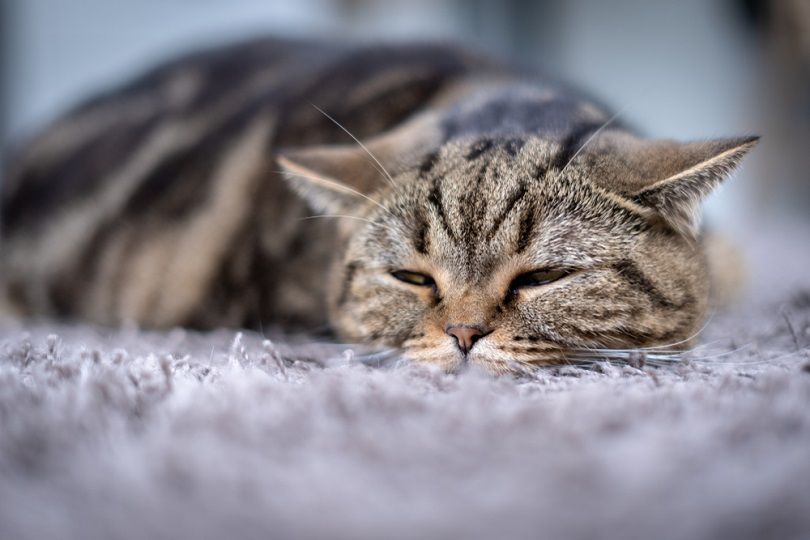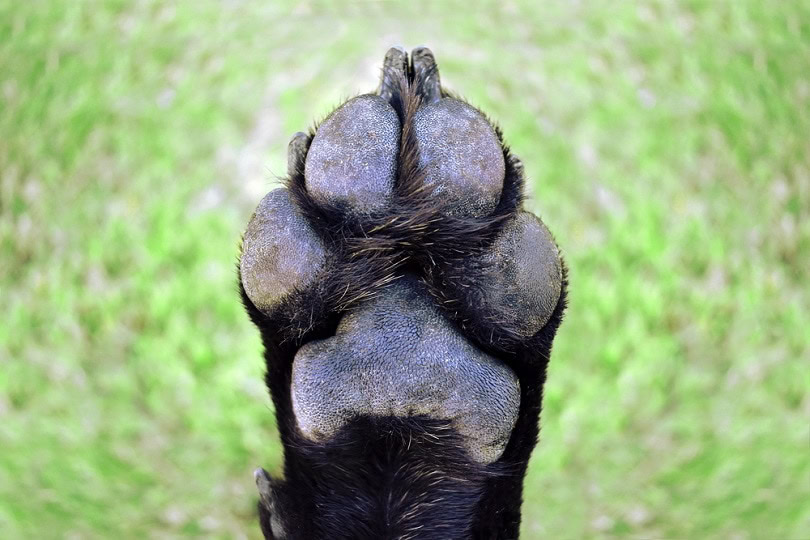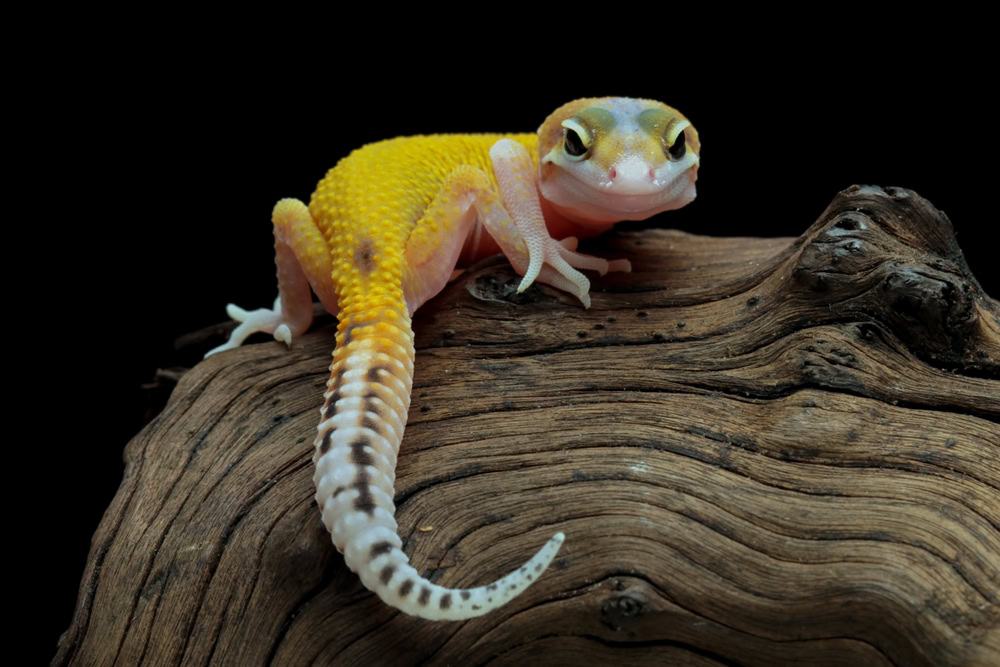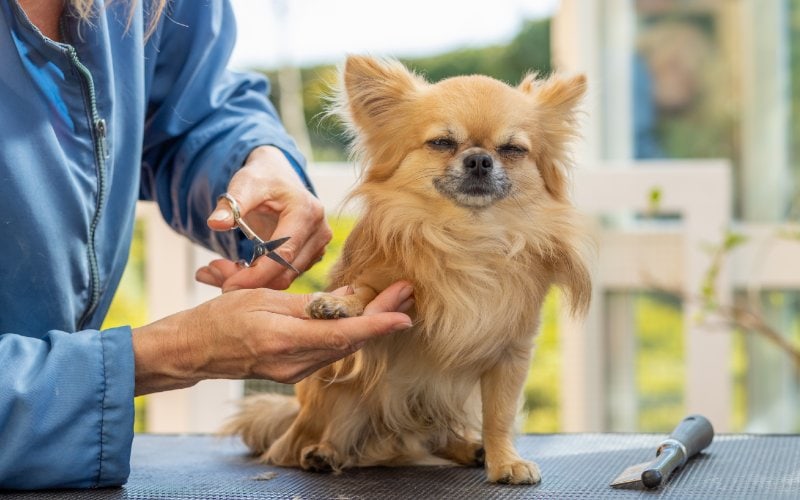VET APPROVED

The information is current and up-to-date in accordance with the latest veterinarian research.
Learn more »Click to Skip Ahead
You might already know that hiccups are caused by involuntary spasms in our diaphragms that create strange and abrupt noises. But did you know that cats are capable of hiccupping, too? Even though it is not always that obvious or as common, hiccupping is normal for kittens and adult cats on occasion. So, cats hiccupping every once in a while is normal, but if it starts happening multiple times a day, it could be an indication that there is an underlying problem going on.

The 4 Possible Causes of Cat Hiccups
1. Eating Too Fast
Some cats and dogs may be eating their food too fast at times. They may not chew properly and end up swallowing a lot of air while eating, which irritates the diaphragm and can lead to hiccups or even vomiting in some cases.
2. Overeating
Another cause for hiccups could be because they ate too much. The same thing happens with some humans.
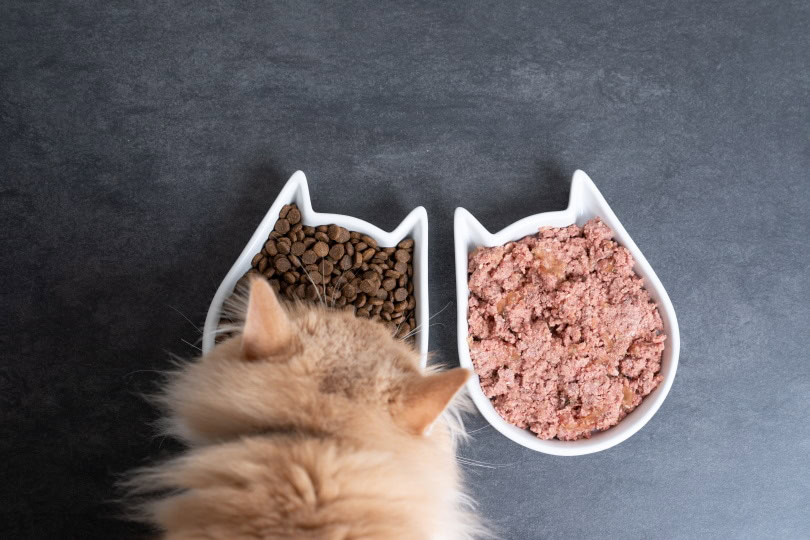
3. Hairballs
Long-haired cats in particular may develop occasional hiccups due to hairballs. The irritation of the back of the throat from persistently trying to get rid of a hairball by vomiting it up could make them hiccup as a result.
4. Medical Causes
An occasional hiccup is entirely normal for most cats, especially if you can recognize your kitty’s habits in one of the previously listed causes. Most times, they do it so subtly or very infrequently, that it’s barely noticeable. However, if your cat is hiccuping often, on a daily or weekly basis, for prolonged periods, or if hiccups are accompanied by changes in their behavior, weight loss, lethargy, poor appetite, gastrointestinal signs, coughing, retching, or other, it’s important to get them checked out by the vet. People sometimes confuse a cat coughing or swallowing in an exaggerated manner, for hiccups. Sometimes, allergies, foreign bodies at the back of the throat or a stomach upset may be accompanied by hiccups.

What Does a Cat’s Hiccup Sound Like?
It’s not always easy to tell if your cat has hiccups or not. Cats with hiccups could make a squeaking noise when they breathe, have a spasm that is visible in their abdomen, or sound like something is caught in their throats. Often, their hiccups are quiet and not very noticeable, or they are combined with purring and meowing.

Treatment for Cat Hiccups
More often than not, hiccupping in cats is completely normal and tends to go away on its own. Even if it happens somewhat frequently, it could just be because your cat is eating too fast. Pay attention to what they did right before the hiccups started. If they are happening more frequently, it may be time to reach out to a veterinarian.
How to Prevent Hiccups
The best way to stop your cat from getting hiccups is to slow them down while they eat. Invest in a puzzle feeder or automatic feeder. These types of feeders help your cats to eat smaller portions or slow down during feeding time.
You can also try to reduce the occurrence of hairballs. Make sure you brush your cat regularly to limit the amount of hair they swallow while they’re grooming.
Another method to reduce hiccups may be to reduce anxiety. Try to help your cat feel safe in new situations and provide them with their own space whenever they feel nervous.
If none of this helps, or your cat is showing any of the signs of illness mentioned above, get them checked over by your vet as soon as possible.
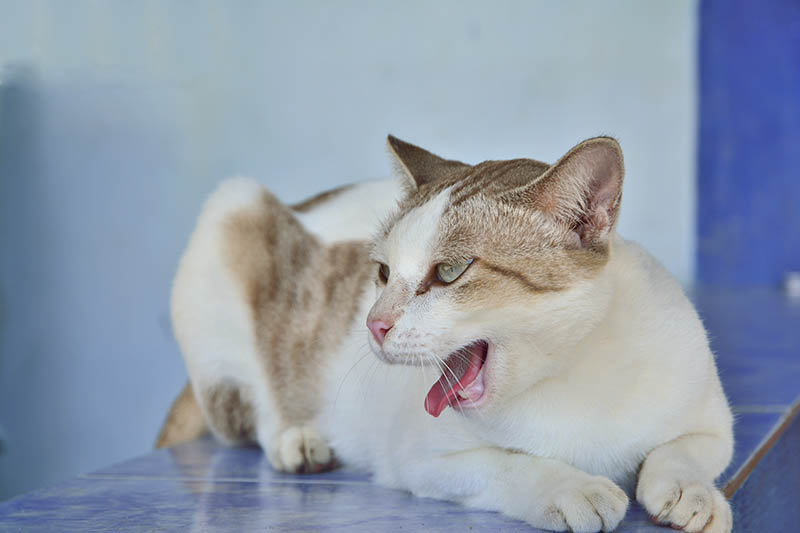

Final Thoughts
Cat hiccups aren’t necessarily a concerning thing. There are rare times when the hiccups are a sign of something more serious. But again, they are still normal for most mammals to get, and there is likely a valid explanation for why it’s happening. If you are concerned about their well-being, it’s always best to reach out to your vet and discuss the issue with them directly.
Featured Image Credit: one photo, Shutterstock
